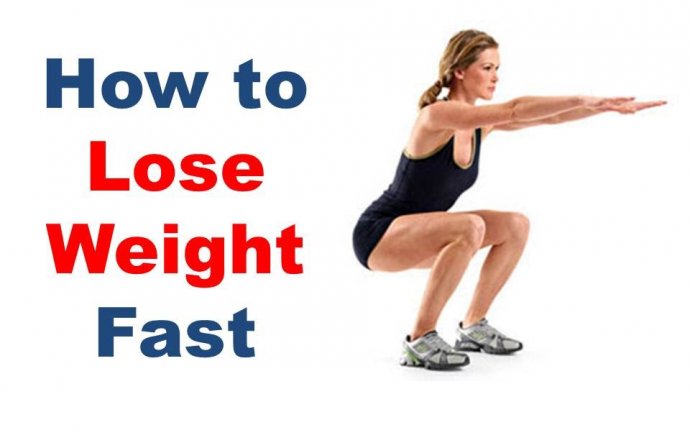
Fast weight loss tips
 TIME HealthGet the latest health and science news, plus: burning questions and expert tips. View Sample
TIME HealthGet the latest health and science news, plus: burning questions and expert tips. View Sample
Also on the chopping block: processed carbohydrates. Think breads, pastas, fruit juices and pretty much all snack or dessert foods. “Carbs are hydrophilic molecules, meaning they love water, ” Hunnes says. “They make it more difficult for your body to release water from your kidneys through metabolism.”
By ditching both processed carbs and cutting way back on sodium, you’ll lose weight, and it will be the kind around your midsection that people will really be able to notice. “With water weight, you can be bloated and not realize it, ” Hunnes says. “I have people do this and say, ‘I can see my abs for the first time!'"
Two important warnings here: If you’re not completely healthy, talk to your doctor before making any changes to your diet, Hunnes says.
Also, if you’re exercising a lot while you’re trying to lose weight—especially if you sweat a ton when you work out—you need to be careful about slashing salt too severely. Sodium is one of the electrolytes your body loses when you sweat. If you’re adding an intense exercise program to your low-salt diet in order to lose weight, you could be at risk for hyponatremia, a potentially life-threatening condition linked with heavy sweating, heavy water intake and too-little sodium consumption.
MORE: 9 Science-Backed Weight Loss Tips
The risk for hyponatremia is very low, but it’s something to be aware of if you’re really pushing yourself hard by exercising for hours a day while drinking a lot of water and consuming little salt, Hunnes says.
What if you’re already disciplined when it comes salt and processed carbs? You can lose five pounds in two weeks by restricting your diet to one meal and three protein-powder shakes a day, says Dr. Zhaoping Li, director of the Center for Human Nutrition at UCLA’s School of Medicine.
“Your one meal should be non-starchy vegetables—so no beans or potatoes or rice—and lean protein like chicken, fish or eggs, ” Li says. “You also want to cook your vegetables, and make them the dominant part of your meal.” Cooking veggies helps your body absorb more of their nutrients, and the protein in your meat and shakes will help keep your hunger in check. Your lone meal should include about three cups of food, and it doesn’t matter if you have it at lunch or dinner, she says.














